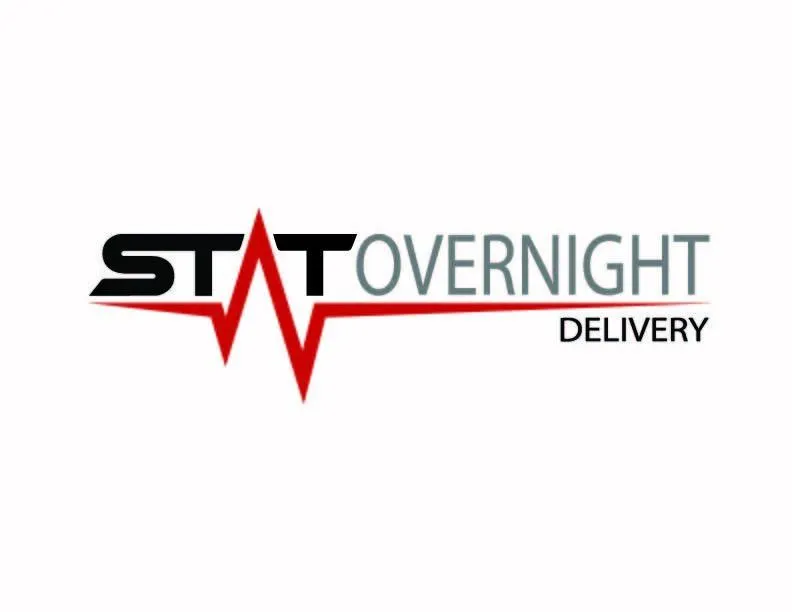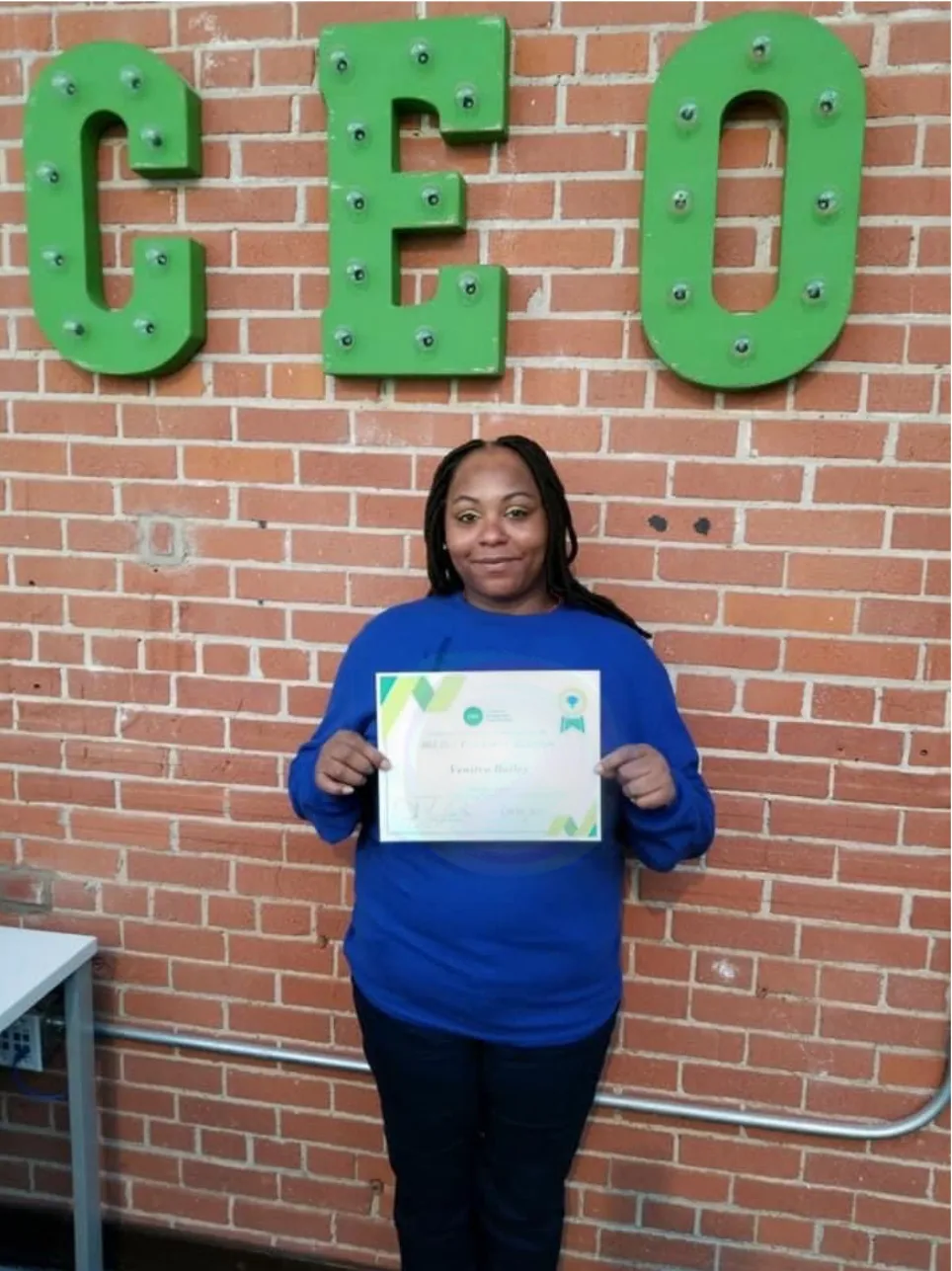Jimmy Parker, the founder, CEO, and president of STAT Overnight Delivery, a medical delivery service, knew from the beginning that he wanted his company to be an employer that focused on people’s futures rather than their backgrounds.
“I don't want to ever be the kind of company that doesn't allow people a second chance,” Parker said, because we've all been there. There's nothing worse than wanting to support your family and not being able to.”
Parker started STAT in 2012 after working for FedEx for over a decade. “With less than $500 in my checking account, I went to a customer that I knew and asked him if I could have a shipment,” Parker said.
The company grew quickly enough for him to hire a few employees within its first year. Ten years later, STAT is in 25 locations around the country and employs 600 people.
According to Parker, about 30 to 40 percent of those employees are second-chance hires, including multiple people in management. In fact, his first hire for STAT was someone who was previously incarcerated. The employee went on to be a fantastic worker and stayed with the company for several years.
While STAT doesn’t currently have specific policies regarding inclusive hiring, Parker says it is part of the company’s culture to give each potential employee a chance to explain their background and prove themselves through their work.
“If they have the attitude of ‘I want to better myself,’ then that's all you need,” Jimmy said.
One of those fair-chance hires was an individual named Shannon. After being released from prison in 2017, Shannon participated in programming by the Center for Employment Opportunities (CEO), which provides employment and job training to people who were recently incarcerated.
A year later, Shannon was hired as a contract driver with STAT. After only a year in that position, he was promoted to general manager. Shannon was so successful in the managerial role that he was moved to several more locations to either start an office or recover struggling offices. After just five years at the company, he was recently made a regional manager.
Shannon isn't the only inclusive hiring success story at STAT, though. Parker says that many of his fair-chance hires are some of his hardest working and most dedicated employees.
Research bears this out as well. About three-fourths of business leaders and HR representatives said workers with criminal records were just as or more dependable than workers without criminal records, according to a 2021 report by the Society for Human Resource Management (SHRM), SHRM Foundation, and the Charles Koch Institute.
Parker encouraged other companies to incorporate inclusive hiring. “If you want better retention, if you want a better talent pool, you'll include things like [fair-chance hiring] to strengthen your organization,” Parker said.




